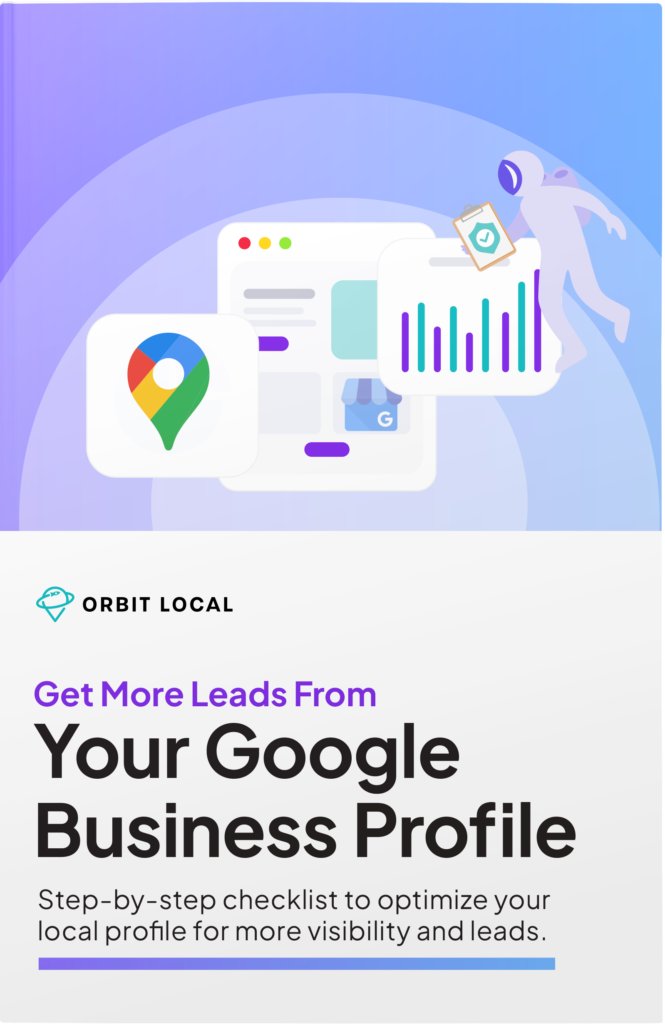In the vast expanse of the digital age, businesses often encounter a barrage of robocalls and telemarketing attempts, much like cosmic debris cluttering the communication channels. It’s tempting to ignore or block these unknown transmissions, especially those flagged as “Spam/Scam Likely” or hailing from an unknown caller.
However, this approach can inadvertently cause your business to miss out on legitimate opportunities, akin to bypassing a valuable signal amidst the noise.
Here’s why it’s crucial to answer every call, including those from unknown callers.
The Missed Opportunity: A Real Person Calling
Consider this call transcription from one of our clients:

Recipient: This call is being recorded for quality assurance. Hello?
Caller: Hi. Is this [redacted]?
Recipient: Yes, it is. Can I help you?
Caller: Okay, yes. I just wanted to find out more information.
Recipient: Oh, okay. Because it came up as spam on my phone. That’s why I answered the phone the way I did.
Caller: Oh, geez. Okay. That’s weird.
Recipient: I thought, oh no, another telemarketer.
Caller: Yeah, no, I get that all the time. My name is [redacted].
Recipient: I’m sorry. Hi, [redacted].
Caller: Hi. How are you?
Recipient: I’m great. How are you?
Caller: Good. So, is your location for the gym on [redacted]?
Recipient: Yes, it is.
In this case, the “Scam Likely” label almost made a potential customer feel unwelcome and could have led to the rejection of the phone lead. The caller was a genuine prospect seeking more information about the gym’s services.
Answer Your Phone: Why Answering Every Call Matters
- First Impressions Count: Your phone answer sets the tone for the caller’s experience. Answering promptly and professionally, regardless of the caller ID, ensures that every potential customer feels valued.
- Opportunities in Disguise: Not all unknown calls are spam. They could be new clients, business opportunities, or important inquiries. By answering, you ensure you’re not missing out on valuable connections.
- Build Trust: Consistently answering calls shows reliability and attentiveness, building trust with your audience. Even if the caller ends up being a telemarketer, a polite and professional interaction reflects well on your business.
- Avoiding Lost Opportunities: It’s crucial to answer calls promptly to avoid missing out on potential customers. Regardless of your marketing efforts or lead generation strategies, not answering your phone can lead to failure. From my experience evaluating thousands of calls, I see that the main reason businesses struggle with their marketing campaigns is their failure to answer incoming calls. Disregarding out-of-state or unfamiliar numbers in fear of spam calls can result in missed phone leads. The only way to know for sure is by answering the call, making it essential for business success.
The Rise of AI and “Scam Likely” Calls: Navigating the Digital Cosmos
With the advent of AI technology, the universe of communication has seen a surge in spammers and bots. These automated systems, known as autodialers, can bombard your business with a meteor shower of unwanted calls, including prerecorded voice messages, making it challenging to distinguish between legitimate inquiries and spam.
As businesses chart their course through the digital galaxy, investing heavily in advertising and ensuring every click and call counts becomes paramount. This means answering every call, even those with recorded messages or from unknown numbers.
In the ever-expanding cosmos of digital interactions, navigating the influx of AI-generated calls with a strategic approach ensures that your business remains connected to every potential opportunity while effectively managing the clutter.
Pro Tip: Consider a Spam Call Blocker
Verizon offers a free service called Call Filter, which screens and autoblocks incoming spam calls for both mobile and home customers, helping to prevent spam calls from disrupting your business operations.
Managing Unwanted Calls: Unknown Callers Keep Calling
While it’s essential to answer every call, managing spam calls efficiently is equally important. Here’s how:
- Use Call Tracking Tools: Platforms like WhatConverts allow you to see caller details such as IP, location, phone, device, etc. This information helps you distinguish between legitimate calls and spam. We highly recommend WhatConverts for its robust call tracking and management features, which can significantly improve your ability to handle incoming calls efficiently. Additionally, WhatConverts offers a spam challenge feature where the caller must press 1 to connect.
- Mark and Block Spam: Once you identify a call as spam, you can mark it and block the number directly in your call tracking dashboard in the spam call blocker. This prevents future disruptions from the same number.
- Silence and Screen Unknown Calls: Watch this YouTube Short for tips on how to silence unknown or spam calls and review the transcript to decide whether to answer. This allows you to manage calls without missing important ones.
- Utilize Smartphone Features: Most smartphones have built-in features to report and block spam numbers. For iPhone users, here’s a simple video tutorial on how to block and report spam numbers.
- Utilize the National Do Not Call Registry: Signing up for “Do Not Call” lists can also help reduce spam calls. By registering your phone number on official “Do Not Call” lists, you can opt out of receiving telemarketing calls from legitimate companies. Additionally, being cautious about sharing your phone number online and only providing it to trusted sources can help minimize the risk of receiving spam calls. Remember, proactive steps combined with utilizing available tools can go a long way in managing and reducing scam likely calls effectively.
Why Do Legit Leads Get Flagged as Spam or Scam?
Legitimate calls can sometimes be labeled as “Scam-likely” due to several reasons:
- High Call Volume: Numbers that make a large number of calls in a short period can be flagged, even if they are legitimate.
- Call Behavior Patterns: If a number exhibits calling patterns similar to those of known spammers, it may be marked as spam.
- Lack of Caller ID Information: Calls without proper identification or those that appear to be anonymized can be flagged.
Preventing Legit Phone Calls from Being Marked as Spam or Scam
To prevent your business or your personal calls from being marked as spam or scam:
- Register Your Number: Ensure your phone number is registered with major carriers and caller ID services.
- Provide Clear Caller ID Information: Make sure your business or name appears on the caller ID display. This can help reduce the likelihood of being flagged as spam.
- Avoid High-Frequency Calls: Spread out your call volume to avoid being flagged for making too many calls in a short period.
- Use Verified Caller ID Services: Consider using services that verify your caller ID information and ensure your number is recognized as legitimate.
Conclusion
In an era where robocalls are rampant, it’s understandable to be cautious. However, treating every call as a potential opportunity can significantly benefit your business. By answering every call, you ensure that genuine prospects are never turned away. Implement effective call management strategies to handle spam, and you’ll strike the perfect balance between accessibility and efficiency.
Remember, the next “Scam Likely” call could be your next big customer. Don’t miss out on valuable opportunities–answer every call!
By embracing this approach, businesses can improve customer engagement and maximize potential opportunities.
At Orbit Local, we’re committed to helping you optimize your call-handling strategies to grow your business. Contact us today to learn more about our services.


